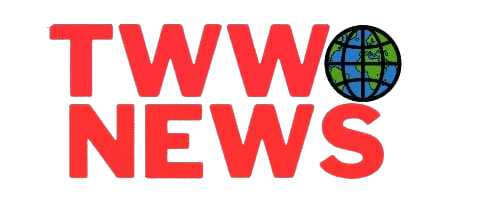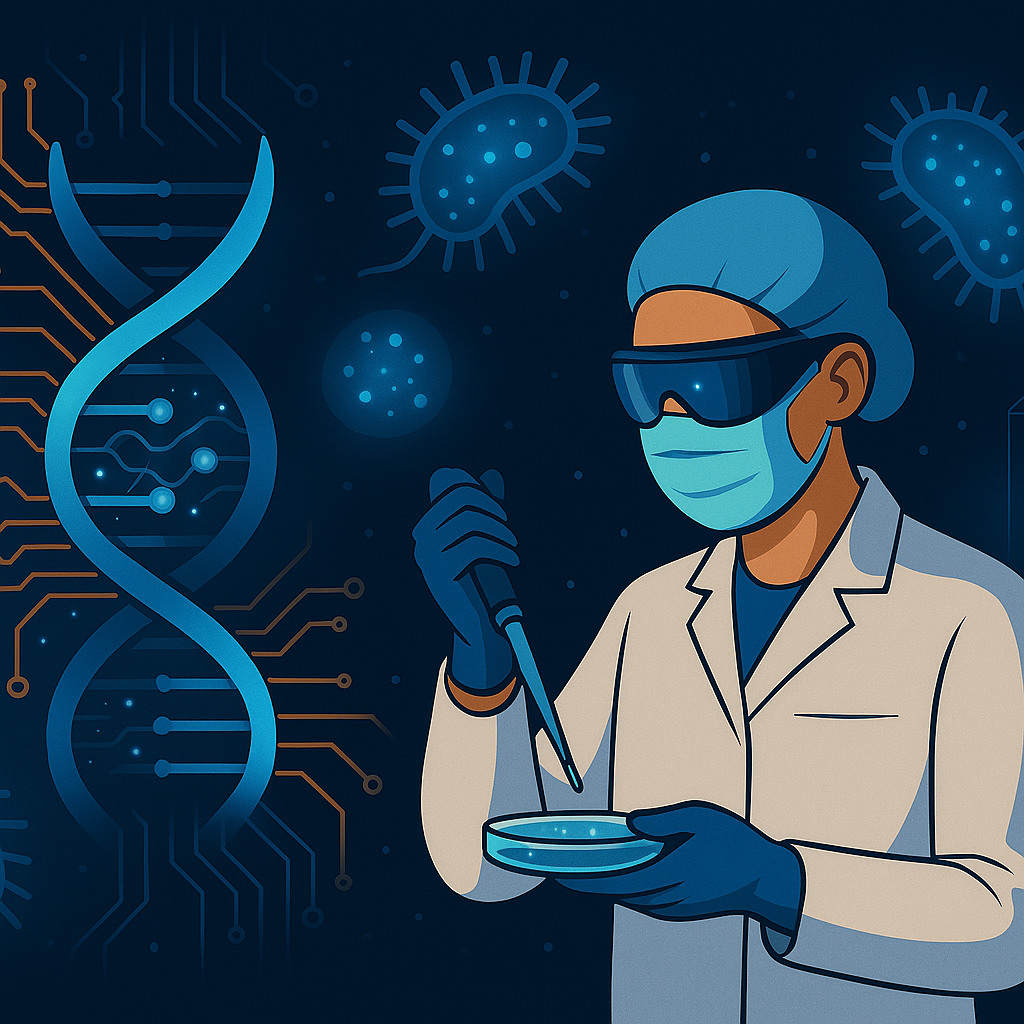Biotechnology is no longer just about decoding life—it’s about redesigning it. At the intersection of genetics, computation, and molecular engineering, synthetic biology is ushering in a new era of programmable organisms and bio-intelligent systems.
🧠 Cells as Code
Synthetic biology treats DNA like software, enabling scientists to write genetic instructions that reprogram living cells. This paradigm shift allows for:
- Custom-built microbes that produce biofuels or pharmaceuticals
- Gene circuits that respond to environmental signals
- Programmable immune cells for targeted cancer therapies
Startups are now developing biological compilers—tools that translate human goals into genetic blueprints.
🌱 Sustainability Through Biology
Biotech is becoming a cornerstone of climate resilience. Innovations include:
- Carbon-eating bacteria for industrial emissions
- Biodegradable plastics synthesized by engineered yeast
- Crop enhancement genes that boost yield and drought resistance
These solutions offer a biological alternative to traditional manufacturing and agriculture.
🏥 Medicine Reimagined
From diagnostics to treatment, synthetic biology is transforming healthcare:
- Living biosensors that detect disease markers in real time
- On-demand drug synthesis inside the body
- Cellular therapies that adapt to patient-specific conditions
Biotech firms are also exploring bio-integrated wearables—devices that merge electronics with living tissue.
⚖️ Ethics in the Age of Bio-Design
As we gain the power to rewrite life, ethical questions intensify:
- Who owns synthetic genomes?
- Can engineered organisms be patented?
- What safeguards exist against bio-error or misuse?
Global coalitions are calling for bioethics charters and open-source biology frameworks to ensure responsible innovation.
Moaz serves as Editor-in-Chief of TWW News, where he leads editorial strategy, content development, and newsroom standards. He specializes in high-impact reporting on artificial intelligence, governance, and institutional transformation.

